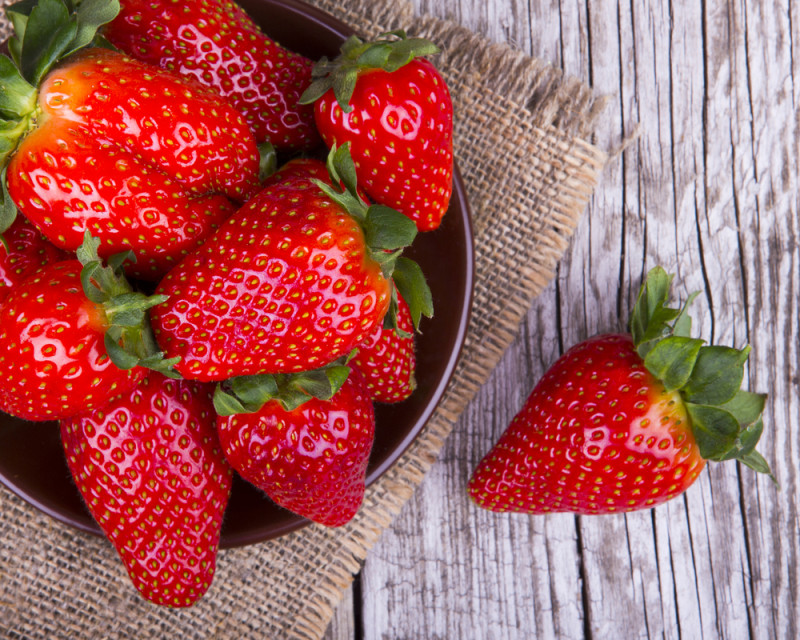From strawberry waffles and strawberry pie to strawberry smoothies and strawberry jam, the amount of homemade treats you can make using ripe and delicious strawberries is almost endless. Not to mention that they make the perfect treat on their own. While you may not have been looking for another reason to eat this sweet fruit, here’s one you might not be aware of: Strawberries are the perfect spring and summer allergy-fighters!
Strawberries are rich in a nutrient known as fisetin, a flavonoid found in plants, fruits, spices, herbs and tea. Flavonoids support the body’s immune system and help keep infections and illnesses at bay. Flavonoid deficiencies can lead to improper function of key immune cells in the body, allowing allergies and other inflammatory disorders to form.
How Does it Work?
If fisetin is new to you, it’s a potent antioxidant and anti-inflammatory that plays a role in keeping the immune system in tip-top shape. It helps maintain cell function during oxidative stress, and it supports the health of regulatory T-cells. Researchers from the Salk Institute of Biological Studies found that fisetin increases the amount of an antioxidant in the body known as glutathione. This antioxidant protects the T-cells from being damaged or destroyed.
So what does this have to do with allergies?
The T-cells send messages in the body to elicit an immune system response during an allergic reaction. They limit the body’s inflammatory response. When T-cells don’t function properly, the body’s immune system becomes weakened, leading to an unwanted immune response or hypersensitivity.
A study from the National Yang-Ming University in Taiwan discovered that fisetin may limit allergic asthma response in regards to airway inflammation. Another study from the Salk Institute found that fisetin may also reduce declines in brain function related to aging.
All of this from a little red berry?
The Importance of Buying Organic
If you didn’t get a chance to check out the Environmental Working Group’s 2016 Shopper’s Guide to Pesticides in Produce, I’ll give you a quick hint: Strawberries ranked #1 this year as the produce item containing the highest amount of pesticides. According to the report, 98% of strawberries tested contained detectable pesticides, while 40% of them were found to contain 10 or more harmful pesticides.
I probably don’t have to review the harmful short-term and long-term effects that pesticides can have on the human body. The EWG’s guide is reason enough to make sure you always choose organic when buying strawberries, but pesticides aren’t the only reason that organic is better when it comes to this nutritious fruit. Researchers at Washington State University found that compared to conventional strawberries, organically grown strawberries had higher levels of Vitamin C and antioxidants. In order to ensure that you and your family are getting all of the nutritious benefits these little berries have to offer, organic is the way to go.
If spring and summer equal allergies for you, stock up on fresh, organic strawberries. You might just reap some amazing health benefits, and I don’t think your taste buds will mind one bit!
h/t: mind body green


